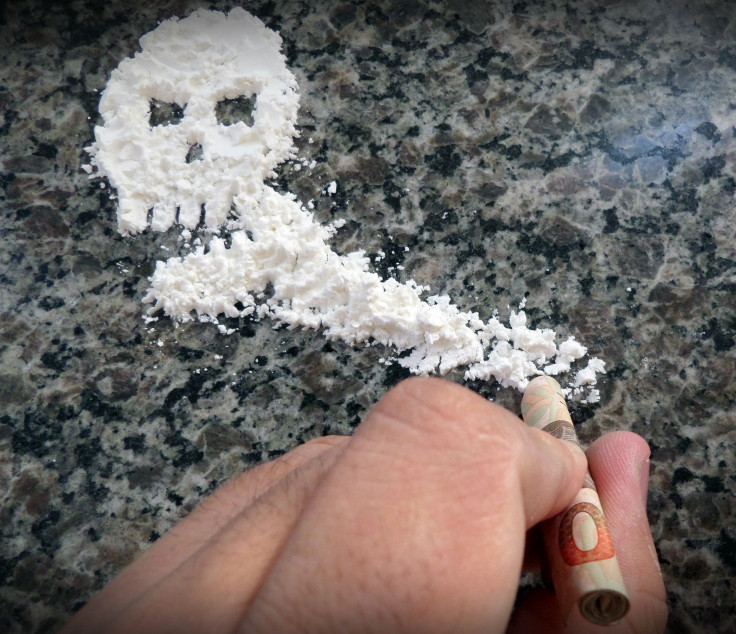High Doses Of Cocaine Cause Brain Cells To Become Cannibals

Cocaine, though it was once a widely used anesthetic, has largely been replaced by safer, more modern numbing agents since the turn of the century. After being classified by the Controlled Substances Act, many studies have emerged explaining the harmful effects of cocaine on the brain, along with other areas of the body like the lungs and nasal cavity. It’s been widely acknowledged that the substance isn’t exactly health food for the brain, but a new study out of Johns Hopkins has suggested a specific process through which brain cells are killed by high doses of cocaine.
The team, working with mice, discovered new evidence suggesting high doses of cocaine kill brain cells through overactive autophagy, a process during which cells essentially destroy themselves from the inside out. However, the results also included the possibility of an antidote, an experimental compound the researchers call CGP3466B. The study also found signs of autophagy in mice whose mothers received cocaine while pregnant.
"We performed ‘autopsies’ to find out how cells die from high doses of cocaine," said Dr. Solomon Snyder, a professor of neuroscience at the Johns Hopkins University School of Medicine, in a press release. "That information gave us immediate insight into how we might use a known compound to interfere with that process and prevent the damage."
Snyder and his team have spent decades already studying the impact of nitric oxide on the communication between brain cells. They realized that the gas is involved in cocaine-induced cell death through an enzyme called GAPDH, but they didn’t know how exactly the cells were dying. To find out, they decided to look at nerve cells from mouse brains for clues. Snyder explained that cells, like animals, can die because of many environmental factors, but can also commit a sort of “suicide” in ways that are chemically programmed into their existence.
One such way is autophagy, a cellular “clean-up” process that is responsible for ridding the cell of debris that accumulates within it. It is only when this normal process spins out of control that cell death is caused, and through measurement of the proteins that control each cell death program, the researchers were able to see that cocaine causes neural cell death through out-of-control autophagy.
“A cell is like a household that is constantly generating trash,” explained Dr. Prasun Guha, postdoctoral fellow at Johns Hopkins and lead author of the paper. “Autophagy is the housekeeper that takes out the trash — it’s usually a good thing. But cocaine makes the housekeeper throw away really important things, like mitochondria, which produce energy for the cell.”
The researchers were already aware that nitric oxide and GAPDH were involved in the process, so they decided to test the ability of CGP3466B (known to disrupt the interaction between nitrous oxide and GAPDH) to block cocaine-induced autophagy. Though they tested an array of other substances as well, CGP3466B was the only one the team could find that protected mouse nerve cells in the brain from death by cocaine.
“Since cocaine works exclusively to modulate autophagy versus other cell death programs, there’s a better chance that we can develop new targeted therapeutics to suppress its toxicity,” said Dr. Maged Harraz, a research associate at Johns Hopkins and lead co-author of the paper.
The team hopes its discovery will help lead to treatments protecting adults and infants from the effects of cocaine on the brain. However, many more years of studies may be needed to definitively show whether the treatment is effective at preventing cocaine damage.
Source: Guha P, Harraz M, et al. Cocaine elicits autophagic cytotoxicity via a nitric oxide-GAPDH signaling cascade. Proceedings of the National Academy of Sciences. 2016.
Published by Medicaldaily.com



























